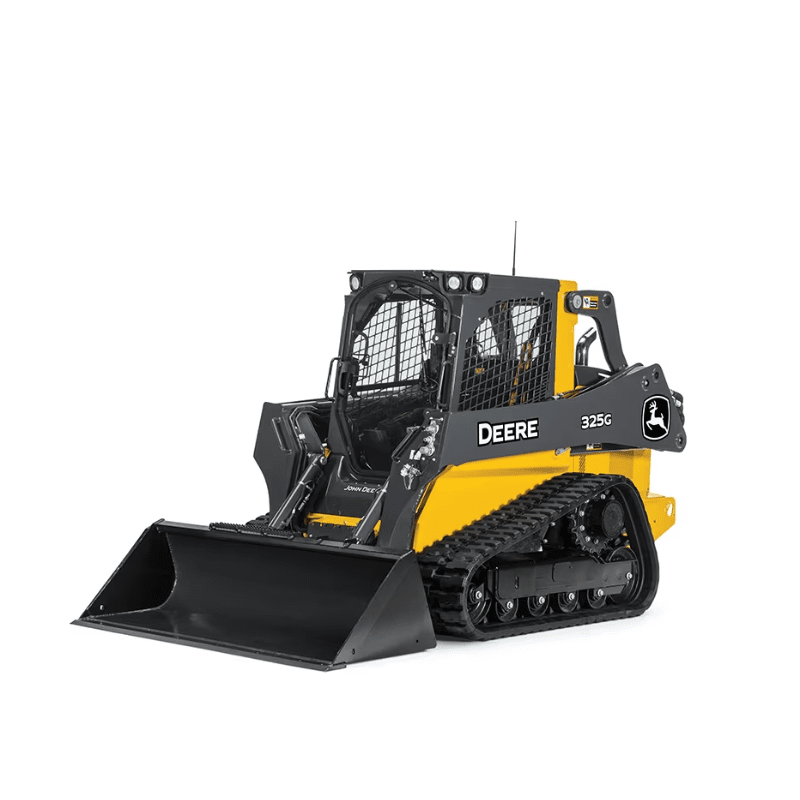Scissor Lift Rental: Safe and Effective Lifting Solutions
Scissor Lift Rental: Safe and Effective Lifting Solutions
Blog Article
Optimize Your Budget Plan by Understanding the Prices Related To Building Devices Leasings
Recognizing the full range of prices associated with building tools rentals is vital for optimizing your spending plan. What approaches can be employed to efficiently manage these expenses and make certain a more efficient rental experience?
Review of Rental Expenses
When taking into consideration building and construction tools services, recognizing the associated costs is paramount for efficient budgeting and task preparation. Rental prices can differ considerably based upon a number of factors, consisting of equipment type, period of service, and area. The initial rental charge usually reflects the devices's market need and its connected operational capabilities, influencing the overall expenditure.
In enhancement to the base rental rate, secondary expenses may develop, such as transportation costs, fuel surcharges, and maintenance charges. It is vital to account for these extra expenses to properly examine the total expense of renting out devices. In addition, the rental period can affect prices; longer services may certify for discounted prices, while temporary leasings may sustain higher everyday costs.

Failure of Rental Prices
A detailed understanding of rental rates is essential for contractors and task managers intending to maximize their budget plans. Rental rates for building and construction tools usually include several parts, including base rates, time-based costs, and usage costs.
Base prices are the core charges associated with the service of the devices, often established by the kind and size of the equipment. These rates can differ substantially, influenced by factors such as equipment demand, accessibility, and regional market fads. Time-based fees, which might be daily, weekly, or monthly, serve to suit different task timelines and rental durations.
In addition, rental rates might include use fees, which apply when tools is utilized past a specified limit, ensuring that the rental business can account for deterioration. Seasonal demand variations can likewise impact rental prices, with peak building periods normally commanding higher rates.
Furthermore, recognizing the rental company's policies regarding maintenance and insurance policy can offer more insight right into the total cost framework. By assessing these components, service providers can make informed decisions, making certain the selection of rental devices straightens with both project demands and spending plan restraints.
Additional Charges to Think About
Recognizing the complexities of extra charges is critical for contractors to manage their general service costs properly. Past the conventional rental prices, numerous extra fees can substantially influence the overall expense of equipment rental. These costs usually consist of shipment and pickup charges, which can differ based upon distance and logistics associated with transferring the equipment to and from the work website.
Additionally, some rental business may enforce gas surcharges if the tools is returned with much less fuel than when rented. It is additionally necessary to recognize potential cleansing charges, especially for specialized tools that needs extensive maintenance after usage.

Thoroughly assessing the rental contract and clarifying these added charges in advance can help service providers make certain and prevent unforeseen costs that budgets continue to be undamaged throughout the project lifecycle.
Repair And Maintenance Expenditures
Regular upkeep and repair costs are usually neglected variables that can considerably affect the overall expense of building and construction devices services. When renting out equipment, it is vital to consider not only the rental charges yet likewise the prospective prices related to keeping the machinery in ideal operating problem.
Several rental companies include fundamental upkeep as component of the rental arrangement; nonetheless, more comprehensive repair services or unanticipated failures can cause added expenditures. It's important to review the rental contract thoroughly to recognize what upkeep services are covered and what responsibilities drop on the renter.
Furthermore, devices that is not properly maintained can bring about inefficiencies on the work website, possibly causing delays and boosting heavy duty flail mower task prices. To minimize these dangers, it is a good idea to carry out routine evaluations and maintain open communication with the rental company concerning any issues that arise throughout usage.
Insurance Coverage and Liability Prices
Insurance policy and obligation costs are critical parts that can substantially affect the overall expenditure of building devices rentals (construction equipment rentals). These prices make sure that both the rental business and the client are shielded from potential economic losses developing from mishaps, damage, or theft throughout the rental period

Furthermore, customers should understand any kind of deductibles or exclusions in the insurance plan, as these can affect prospective out-of-pocket expenditures. Recognizing the terms and problems of any insurance coverage is crucial to stay clear of unexpected expenses. Ultimately, budgeting for insurance policy and liability expenses can help guarantee a smoother rental experience and shield versus financial risks connected with building and construction projects.
Conclusion
In final thought, a detailed understanding of the costs associated with building and construction tools leasings is vital for effective budget monitoring. Inevitably, informed decision-making regarding tools leasings adds to the general success of construction undertakings.
Rental expenses can vary dramatically based on a number of factors, consisting of equipment kind, duration of service, and place (rental company near me). The rental period can influence pricing; longer services may certify for discounted prices, while temporary leasings could sustain higher everyday charges
By performing detailed research and involving with vibratory roller for sale respectable rental firms, professionals can properly navigate the complexities of rental rates, eventually optimizing their financial resources.
Past the basic rental prices, numerous additional fees can dramatically impact the overall price of equipment rental. Rental business usually provide obligation insurance policy that covers injuries to 3rd parties or damage to residential property, while tools damages insurance can cover the expense of repair services or substitute if the leased devices is harmed.
Report this page